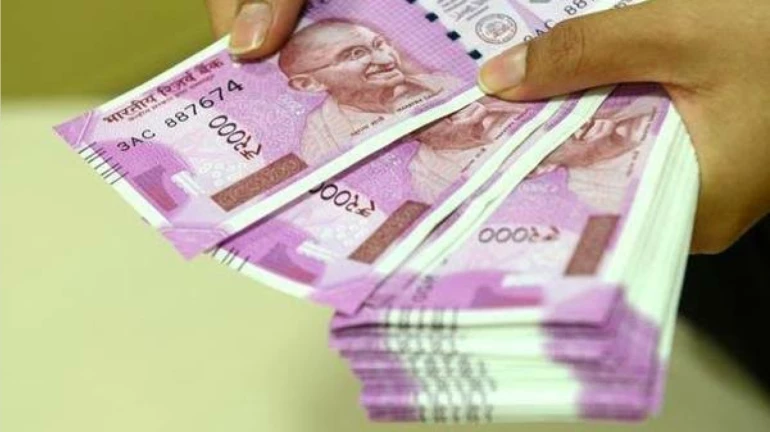
From the first day of the new year, i.e. January 1, 2021, 10 rules that have had a significant impact on the lives of common man are going to change. These rules range from Cheque payment, LPG Cylinder prices, GST and many more. Therefore, it is pertinent that we know more about them.
Here are the 10 rules that are going to be changed from January 1:
Cars, bikes will become more expensive
From January 1, 2021, buying a car will become more expensive. Automotive companies will increase the prices of most of their models by 5 per cent in the new year in order to offset the adverse impact of rising input costs. Maruti Suzuki India, Nissan, Renault India, Honda Cars, Mahindra & Mahindra, Audi India, Volkswagen, Ford India and BMW India will increase the prices of their cars.
The gas cylinder will become more expensive
The prices of LPG cylinders are fixed by the oil marketing companies on the first day of every month depending on the crude rates in the international markets.
Launch of simple life insurance plan
From January 1, the Insurance Regulatory Authority of India (IRDA) has directed all life insurance companies to sell individual term life insurance policies. The plan will be called Simple Life Insurance. The maximum life insurance policy will be INR 25 lakh. People from the age group between 18 to 65 years can buy this policy.
Cheque payment rules
The rules for payment by cheque will also be changed from January 1, 2021. After the implementation of the new rules, a positive pay system, which will re-confirm the key details needed for cheques of above INR 50,000. The new rules are designed to make cheque payments more secure and prevent from bank fraud.
Contactless card transaction limits
To promote digital payments, the Reserve Bank of India (RBI) has increased the limits for contactless cards transactions and e-mandates for recurring payments through card and UPI to INR 5,000 from January 1. At present, the limit for payment through contactless card is only INR 2,000.
Minimal formalities for GST registration
Businesses with up to INR 5 crore turnover will have to file only four GST sales returns, or GSTR-3B, from January instead of 12 at present
Currently, professionals have to fill 12 such forms. To make the GST return filing process easier, the government has introduced a quarterly file return scheme with a monthly payment plan only.
With this, from January onwards, small taxpayers would need to file only eight returns (four GSTR-3B and four GSTR-1 returns) in a year.
Making calls from landline to mobile
To make a call to a mobile from a landline across the country, you need to dial zero (0). This will help telecom companies to make maximum numbers.
Mutual fund investment rules will change
SEBI has made some changes in the rules of mutual funds in the interest of investors from next year. Once the new rules would come into force, it will be mandatory to invest 75 per cent of the funds in equities. Earlier, the limit was 65 per cent. In addition, it will be mandatory to invest at least 25-25 per cent stake in large cap, midcap and small cap stocks in a multicap equity mutual fund scheme.
UPI Payment
Users might be required to pay additional charges on transactions from Amazon Pay, Google Pay and Phone Pay. NPCI has reportedly decided to impose additional charge on UPI Payment Service (UPI Payment) run by third-party app providers from January 1. NPCI has imposed a 30 per cent cap on third-party apps starting the New year.
Fastag mandatory for a four-wheeler
The Union Ministry of Road Transport and Highways made a FASTag mandatory for all four-wheel vehicles from January 1, 2021. FASTag has become mandatory for M and N class four-wheelers purchased before December 1, 2017. After the new rules come into force, a minimum of INR 150 will have to be deposited in the FasTag account.





